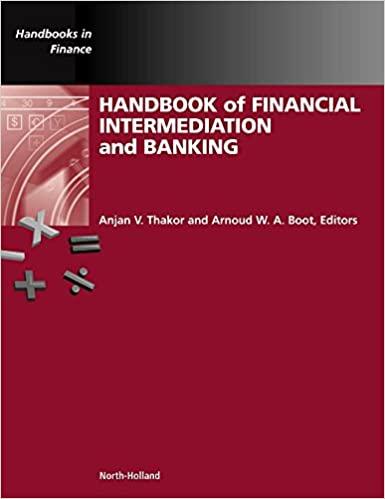Question
Information: 1.Analysis of the Allowance for Doubtful Accounts shows: Beginning of year balance $44,476 Provision for the year 19,567 Write-offs in the year (21,937) End
 Information:
Information:
1.Analysis of the Allowance for Doubtful Accounts shows:
| Beginning of year balance | $44,476 |
| Provision for the year | 19,567 |
| Write-offs in the year | (21,937) |
| End of year balance on 12/31 | $42,106 |
2.All charitable contributions were made in cash to qualified organizations.
3.Four estimated federal income tax payments of $60,000 were made timely.
4.Entertainment expenses consist only of reimbursements for business meals & entertainment incurred by the company's officers & sales force.
5.$2,860 of the interest income was earned on investments in tax-exempt state bonds. The rest of the interest income was earned from investments in taxable corporate bonds. Dividend income is from shares of Microsoft Corporation. The company owns much less that 1% of the outstanding shares.
6.The company owns several insurance policies on the lives of its officers and key employees. The company is the beneficiary of these policies. Premiums on these policies cost $20,670 this year.
7.MACRS depreciation for tax purposes is $255,000.
8.All appropriate financial reporting adjustments have been made to the trial balance except for the provision for income taxes. You will need to calculate and record an adjusting journal entry for the book income tax expense to complete the book basis trial balance in order to produce the GAAP basis financial statements..
Requirements:
Part 1. A. Write the adjusting journal entry [in proper journal entry form] for book tax expense & tax liability AND prepare financial statements, specifically, a [book basis] balance sheet, income statement and retained earnings statement. Your tax expense adjusting entry should include a debit to book tax expense, a credit to tax prepayments and a debit or credit to deferred tax and a credit to tax liability (if any). Note: as per (3) above, the company has made timely estimated tax payments. Do you see these on the companys trial balance?
Part 1. B. Prepare a schedule showing the book to tax differences. Your schedule should begin with book Net Income (after tax) and end with Taxable Income.
Step by Step Solution
There are 3 Steps involved in it
Step: 1

Get Instant Access to Expert-Tailored Solutions
See step-by-step solutions with expert insights and AI powered tools for academic success
Step: 2

Step: 3

Ace Your Homework with AI
Get the answers you need in no time with our AI-driven, step-by-step assistance
Get Started


